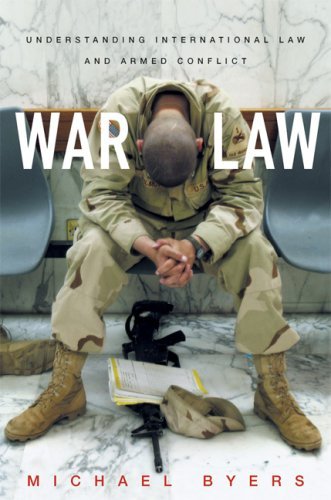Charles Mann begins his book with a section describing “Holmberg’s Mistake” which basically assumes “that Native American’s lived in an eternal, unhistoried state.” Mann spends the remainder of 1491: New Revelations of the Americas Before Columbus dispelling that myth and opening the reader’s mind to a barrage of new revelations backed by academic work. Though Mann is a journalist and not an historian, and this is sometimes all too apparent, he paints us a picture of the past in America with stunning vivacity and illuminates the fact that the Indians did indeed have rich civilizations. Mann’s book is somewhat disorganized as it hops from different spots on the continent, different civilizations, and different ages quite frequently. However there are some main points that he addresses that make up much of the thesis of the book.
First, Mann spends a great deal of the first half of the book 1491: New Revelations of the Americas Before Columbus
discussing the period of time after the Europeans first encountered the Indians. It is important that their interpretation was looked upon with a different light because the Europeans accounts are what have shaped our thoughts on the Indians up to the present day. Mann asserts that the Indians had been ravaged by disease as a result of the Europeans arrival and because of that they were unable to fight against the colonialists. This fact is readily agreed upon by most, however, Mann takes it a step further by saying that disease destroyed multiples of what was previously estimated, tens of millions more. As a defense against the charge of revisionism Mann counters that the real revisionism took place earlier and that early accounts of Indians reflected the true numbers.
Mann goes on to discuss the arguments of how and when the Indians arrived in America. Going over several different theories in the end Mann lays out a speculation that the Indians were in America much earlier than conventional history has allowed for. Not only were they there earlier but they also had thriving cultures that were responsible for the bioengineering of the food staple maize, had complex irrigation, writing and architectural achievements. In other words, they had cultures and civilizations that were as rich as their European counterparts at the same time. All of which is intriguing, however, Mann tends to lay out some of the most speculative theories and yet the reader is only briefly warned of it near the end.
Finally, a major contention of Mann’s is that rather than the Indians being passive minions of the land, they were actually active landscapers, molding the land all around them. There is even the contention that the great Amazon Rainforest is actually man made and not a product of a chaotic nature. Several of the scenarios laid forth in the latter part of the book do resonate as quite believable, others really test the reader’s internal BS detector. Though far from an expert on any of the matters discussed, it seems that Mann often presents some of the most speculative and grand theories available in order to bolster the main thesis, all of which is really unnecessary.
In the end Mann achieves the goal of displaying that the Indian did not live an unchanged an unvaried existence for several thousand years. Instead they had a deep and rich history and culture that deserves to be studied and appreciated more so than what we are left with in high school text books. The academic work in this area is constantly being updated and revised and it is extremely interesting to even the non experts among us. There are several mysteries to be solved and historical work to be done and I am sure soon we will have a new view of what happened on this continent before Europeans encountered it.
